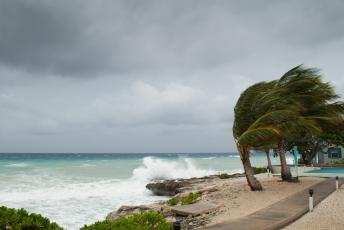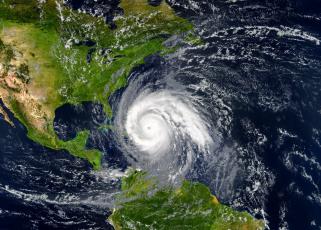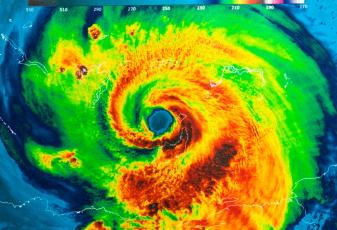Fuel supply limitations resulting from the impact of hurricanes and other natural disasters on infrastructure, for example, can lead to price increases as the market reacts to rebalance supply and demand. Many states have taken action to protect consumers by enacting price gouging laws that limit a merchant’s ability to raise prices during an emergency.
Price gouging occurs when a seller increases the price of essential goods and services during an emergency to a level that is higher than what is considered reasonable.” There is wide variation in how states define “reasonable” price increases during an emergency, with a few states using a 10 percent increase as sufficient to trigger additional scrutiny under the law.
Price gouging laws are enforced by the states’ attorneys general. Most state laws prohibiting price gouging focus on the following three factors: (1) a price deemed unfairly high; (2) an emergency situation (such as a hurricane); and (3) a product that is essential or useful in responding to the emergency. Many state laws permit the pass-through of higher wholesale costs while price gouging laws are in effect, as long as the seller’s margins do not increase. Individual state laws vary in their emphasis on these factors.
Some states have enacted laws to prevent price gouging, including:
- Florida law holds that selling commodities, household essentials, rentals, fuel, etc. after a declared state of emergency at "unconscionable" prices that grossly exceed average prices in the 30-day period preceding the emergency is punishable by law. Offenders can be charged with 2nd-degree misdemeanor, punishable by a fine of up to $1000 and/or up to 60 days in jail for first offense; $25,000 for multiple violations within a 24-hour period. [Florida Statutes Title XXXIII. Regulation of Trade, Commerce, Investments and Solicitations § 501.160]
- In Georgia, selling items or services determined by the Governor during a declared state of emergency to be necessary for public safety at a higher cost than they were immediately prior to the declaration will be charged as a deceptive or unfair trade practice (and investigated by the AG as such); additional civil penalty of up to $10,000 for each violation if “disaster related.” [Georgia Code Title 10. Commerce and Trade, § 10-1-393.4, et seq.; § 10-1-438]
- North Carolina prohibits excessive pricing during states of disaster or emergency. Selling goods and services “used to preserve, protect, or sustain life, health, [and] safety” at unreasonable prices after an abnormal market disruption is punishable by civil penalty and up to $5,000 for each violation. [North Carolina Stat. 75-38, 75-15.2]
- South Carolina’s “Unfair Trade Practices Act” deems it unlawful to sell a commodity at an unconscionable price within an area for which a state of emergency is declared. An “unconscionable price” refers to an amount that represents a gross disparity from the average price at which a commodity is sold within 30 days prior to a state of emergency. [South Carolina Code, Title 39, Chap. 5, §39-5-145]
- Virginia prohibits selling, leasing or licensing “any necessary goods and services at an unconscionable price” during an emergency. Doing so is punishable by a civil penalty of up to $2,500 per violation (up to $5,000 if in violation of an injunction). [Virginia Code, Title 59.1. Trade and Commerce § 59.1-525, et seq.]
If you believe a station is charging unreasonable prices for gasoline or diesel, please contact your state’s attorney general’s office.


